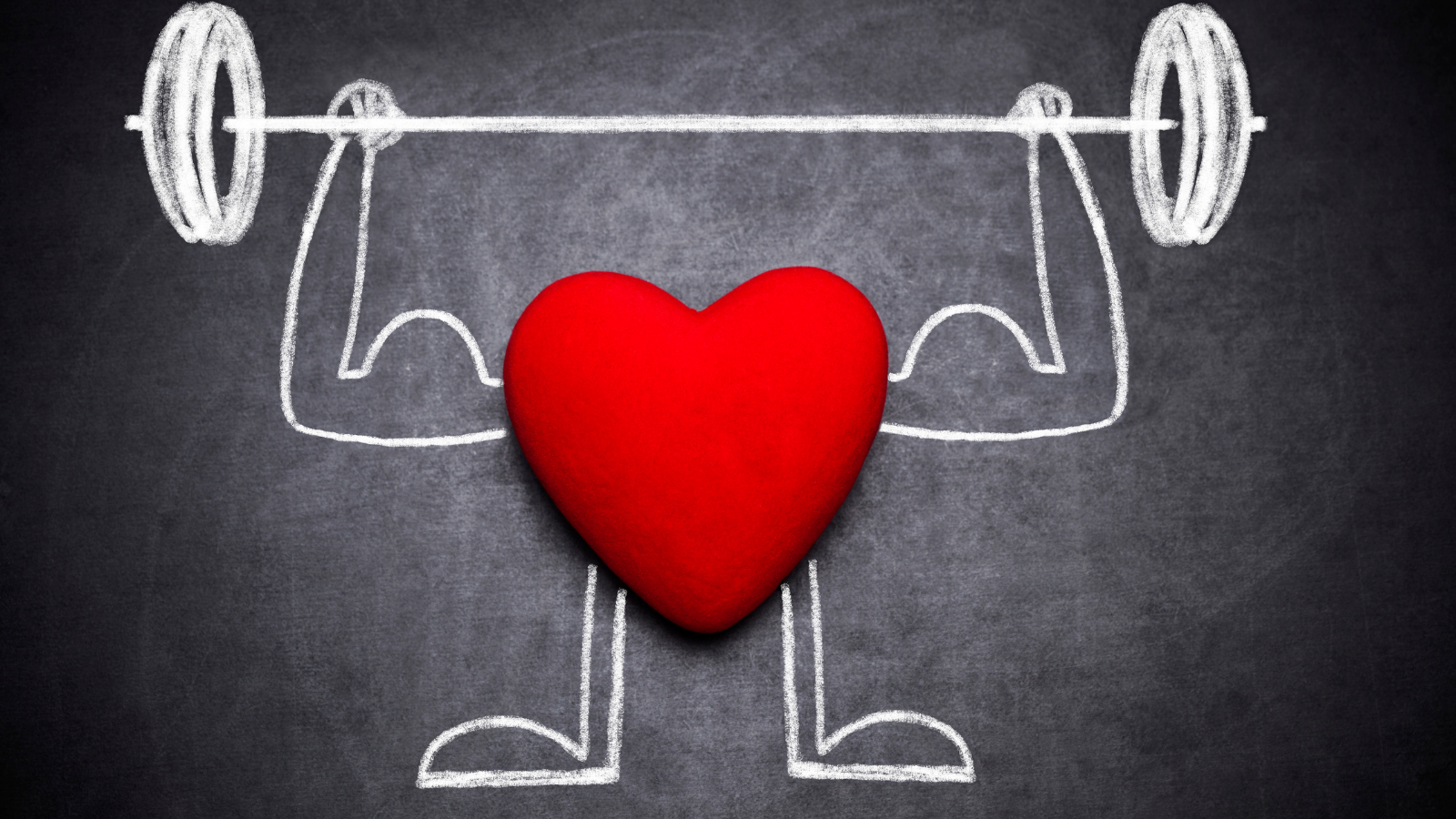February is all about hearts.
Not only do we celebrate Valentine’s Day, a holiday in which we celebrate the love we feel in our hearts toward others, but we recognize American Heart Month to bring awareness to keeping our hearts physically healthy – as heart disease is the leading cause of death in this country. It seems fitting that we discuss the role RVing plays in a healthy lifestyle, as well as how it promotes better cardiovascular health.
The RV lifestyle is inherently an active lifestyle.
According to the CDC, “Active people generally live longer and are at less risk for serious health problems like heart disease…” For folks with chronic disease, physical activity can help them to better manage those conditions and reduce related complications. In the short term, even moderate physical activity has various benefits, including improved quality of sleep, less anxiety, and reduced blood pressure. The long-term benefits of an active lifestyle include reduced risk of dementia and depression, lowers risk of heart disease and several cancers, reduces weight gain, improves bone health, and improves balance and coordination. RVers are generally an active crowd, drawn to the outdoors and exploring it, whether it’s hiking, bird watching, kayaking, swimming, or snowshoeing. There’s less time sitting, more time experiencing – and moving our bodies in the process.
RV camping – and life – involves more home cooking.
A heart-healthy diet is important for cardiovascular health. What we eat matters. Once you get the hang of campsite cooking, it’s easy to whip up delicious, healthy meals over an open fire, in a crockpot, or on a grill. Mayo Clinic offers these guidelines for such a diet: control your portion size, eat more fruits and vegetables, choose whole grains over refined or processed grain sources, limit saturated fat and avoid trans fat, choose low-fat protein sources, and reduce sodium. Don’t forget to treat yourself occasionally; it’s all about balance.
Something that helps RVers budget, whether they are full-timers or weekend vacationers, is preplanning meals. When you create daily menus, you can make sure you and your family get the appropriate nutrients to keep going, adds variety, and reduces indulgent behavior. Preplanning can also mean choosing to utilize more fresh food sources, such as from the local farmers market.
Also, watch out for what’s inside prepackaged snacks, which we have the choice of and are especially useful on the trail or time spent away from the campsite. One granola bar is not like another. It’s okay to have these processed snacks along as long as they are eaten without too much indulgence, but be sure to mix in more natural food sources such as fruit, nuts, and crunchy vegetables. Check out all the different recipes available on our website by searching for “recipe” in the search. This article can get you started.
RVing gets us outside.
The benefits of being outdoors run the gamut – everything in us feels the benefits. Our minds as well as our bodies gain from being in nature… and relish it. In our article, we discuss five reasons why being outside is good for your health. The article goes into details, with sources from authorities on the subject, but the bullet points are:
- Our bodies are generally happier – including our hearts!
- We get Vitamin D.
- We are able to take a break from the artificial world.
- We move our bodies more.
- We strengthen relationships.
RVing helps to reduce stress.
Stress is a big reason heart disease is so prevalent. RVing as a method of travel and vacationing takes a bunch of stress out right at the get-go. You’re on your own timetable, you have everything you need, you don’t need to share space with anyone, you can pick your stops, and the list goes on. You don’t need to wait for anything other than your own plans. Of course, RVing give you the flexibility to alter your plans as necessary without too much fuss, such as when there is bad weather. It’s liberating to be on your own schedule. RVing offers a refreshing change of pace, to spend time cultivating personal relationships, unplug from work, and simplify your life by having fewer possessions, tasks, and things that demand your attention. Learn about more ways RVing helps to reduce stress.

